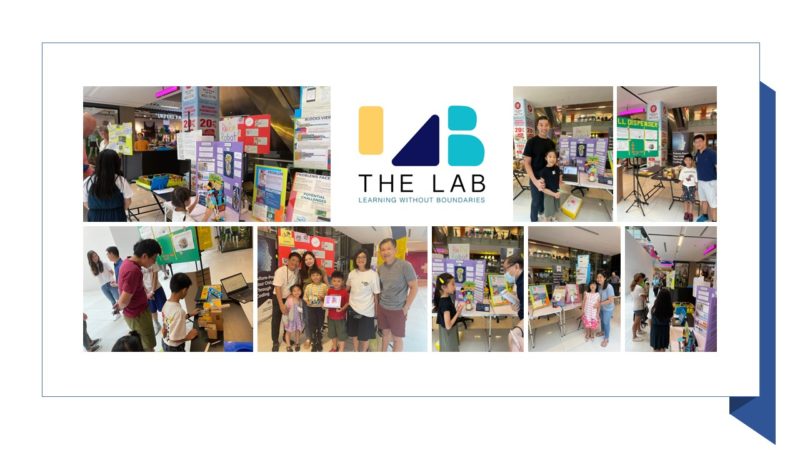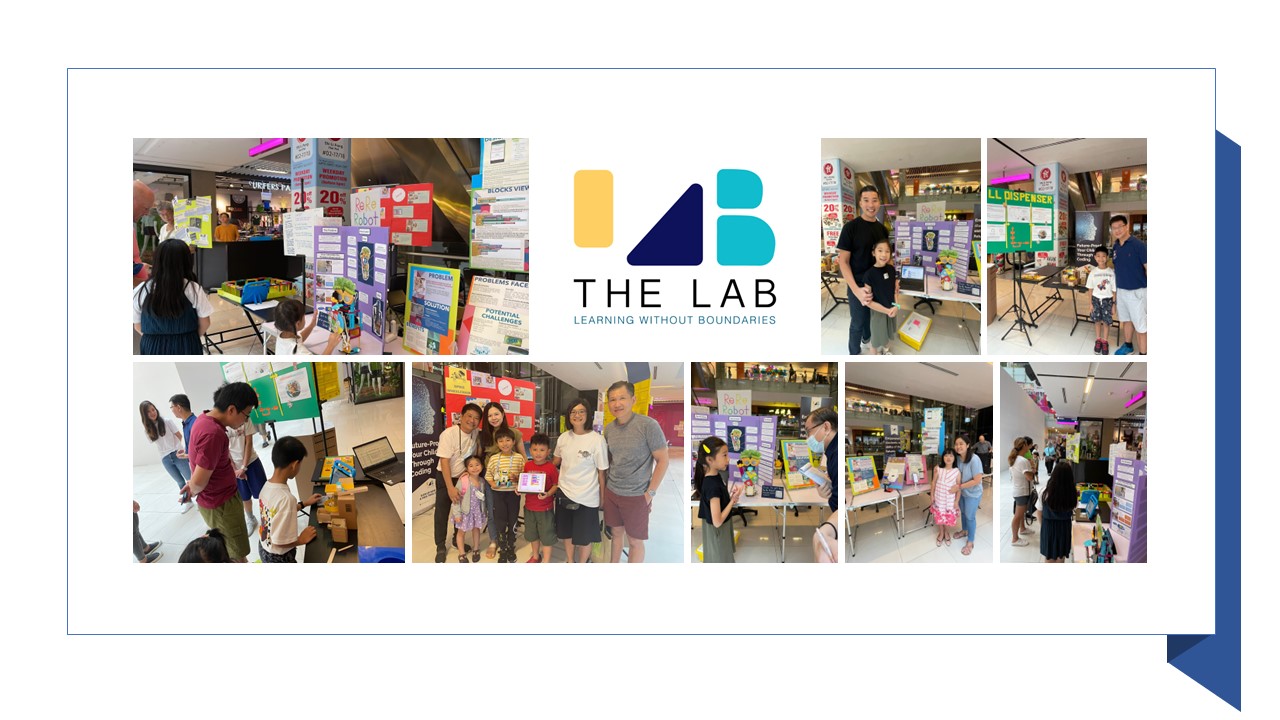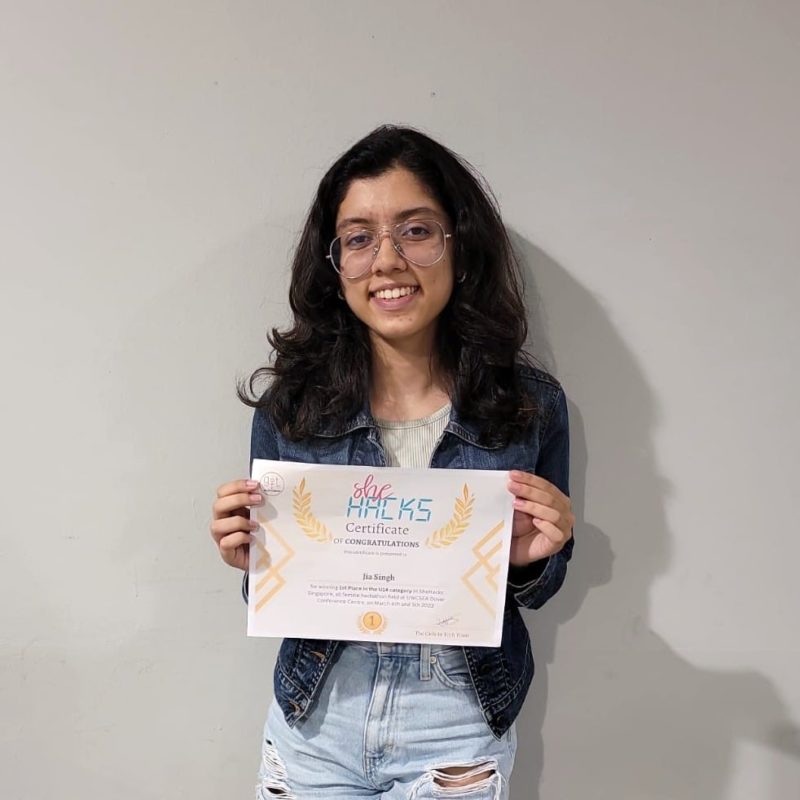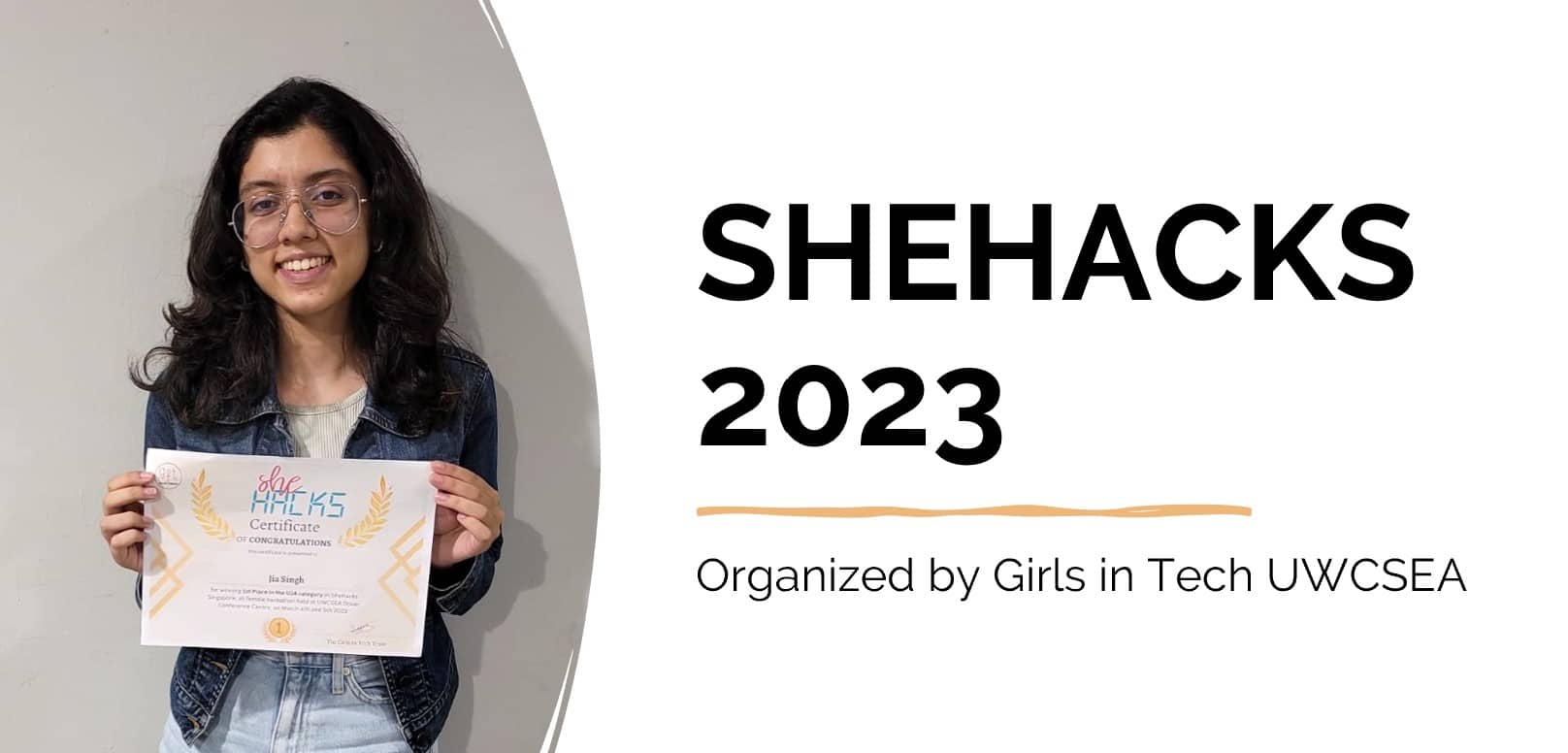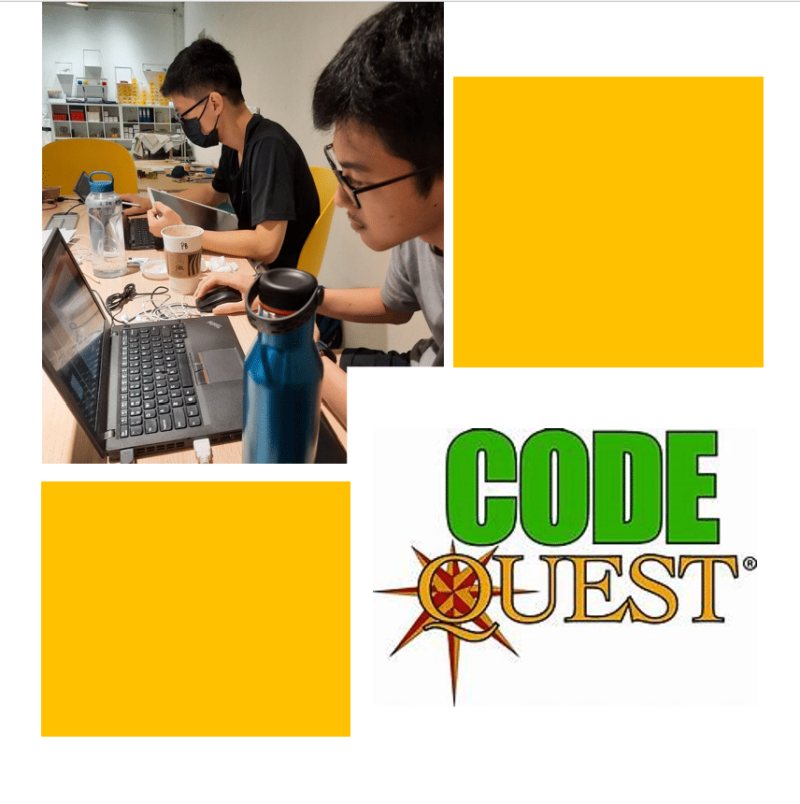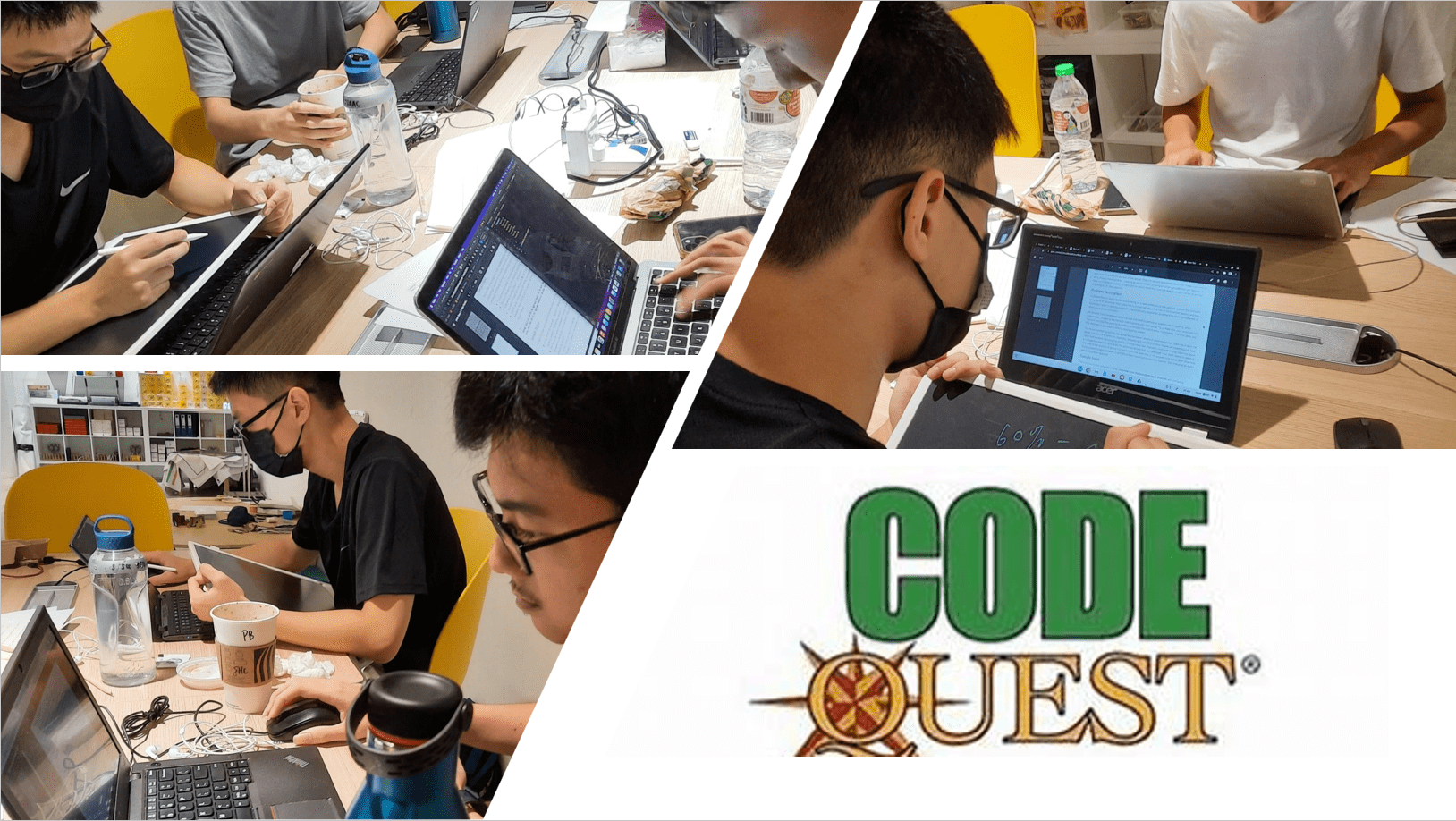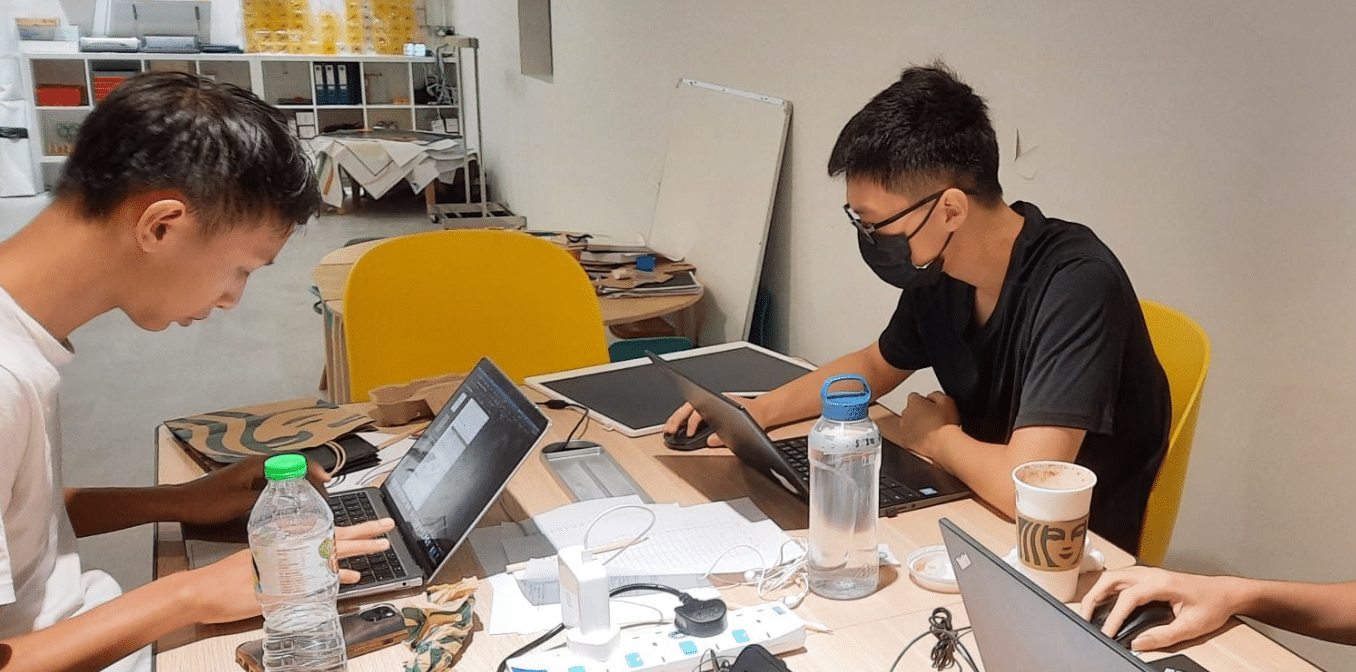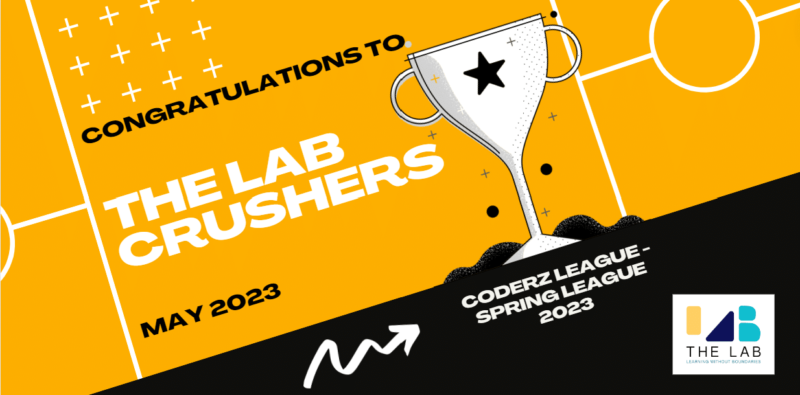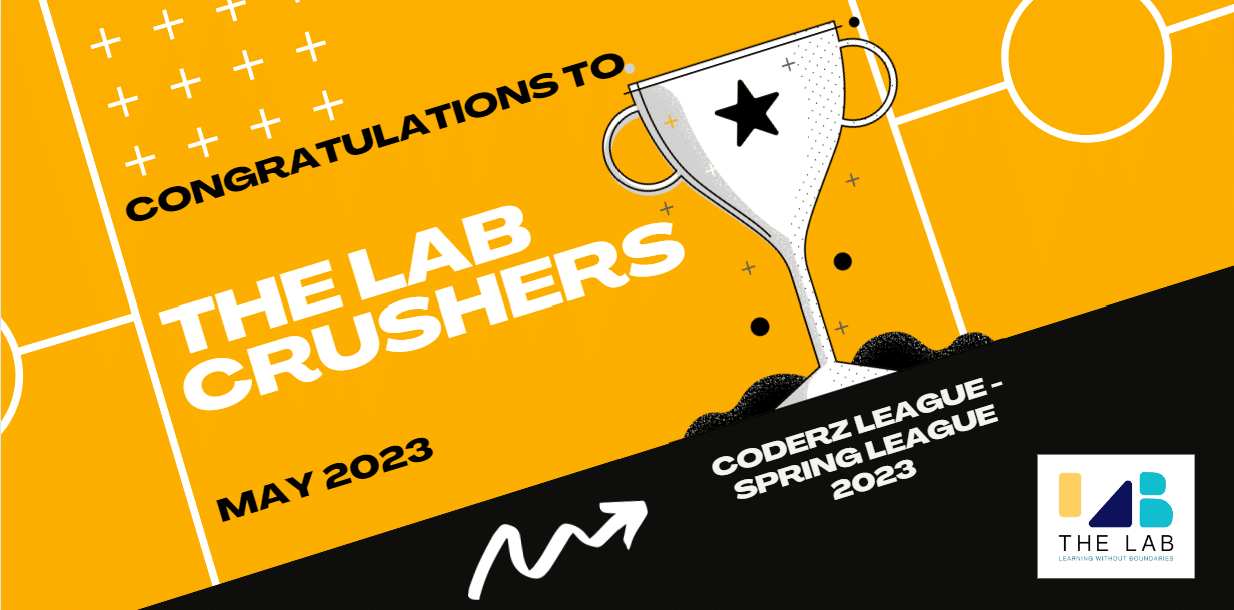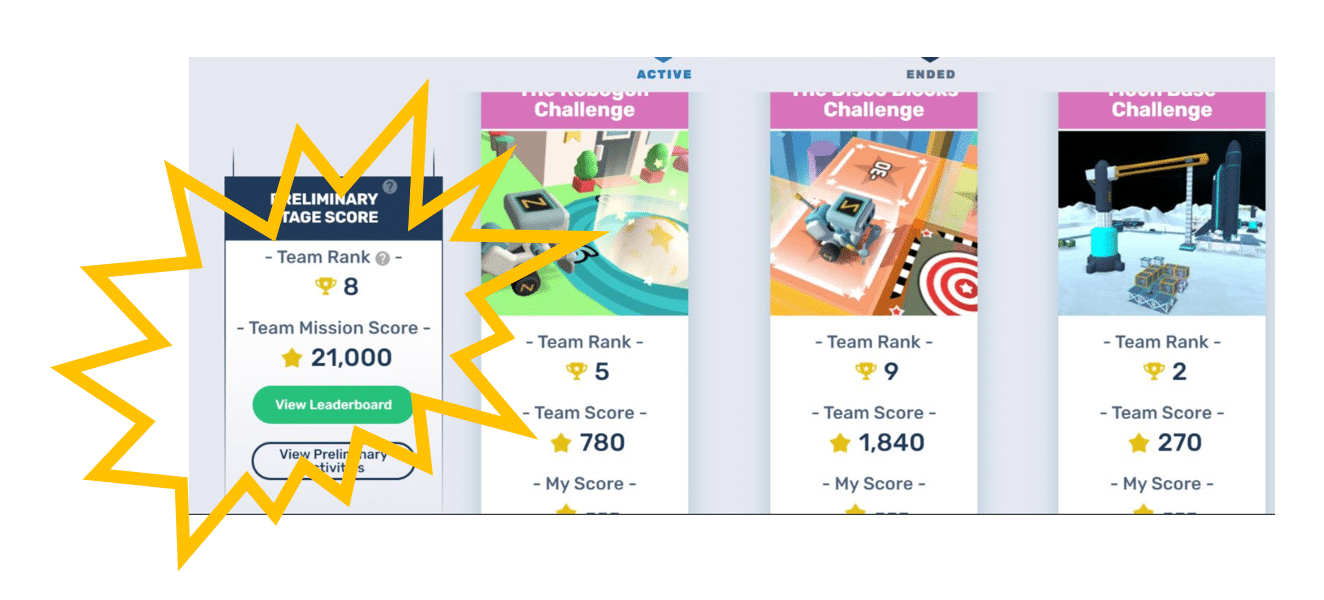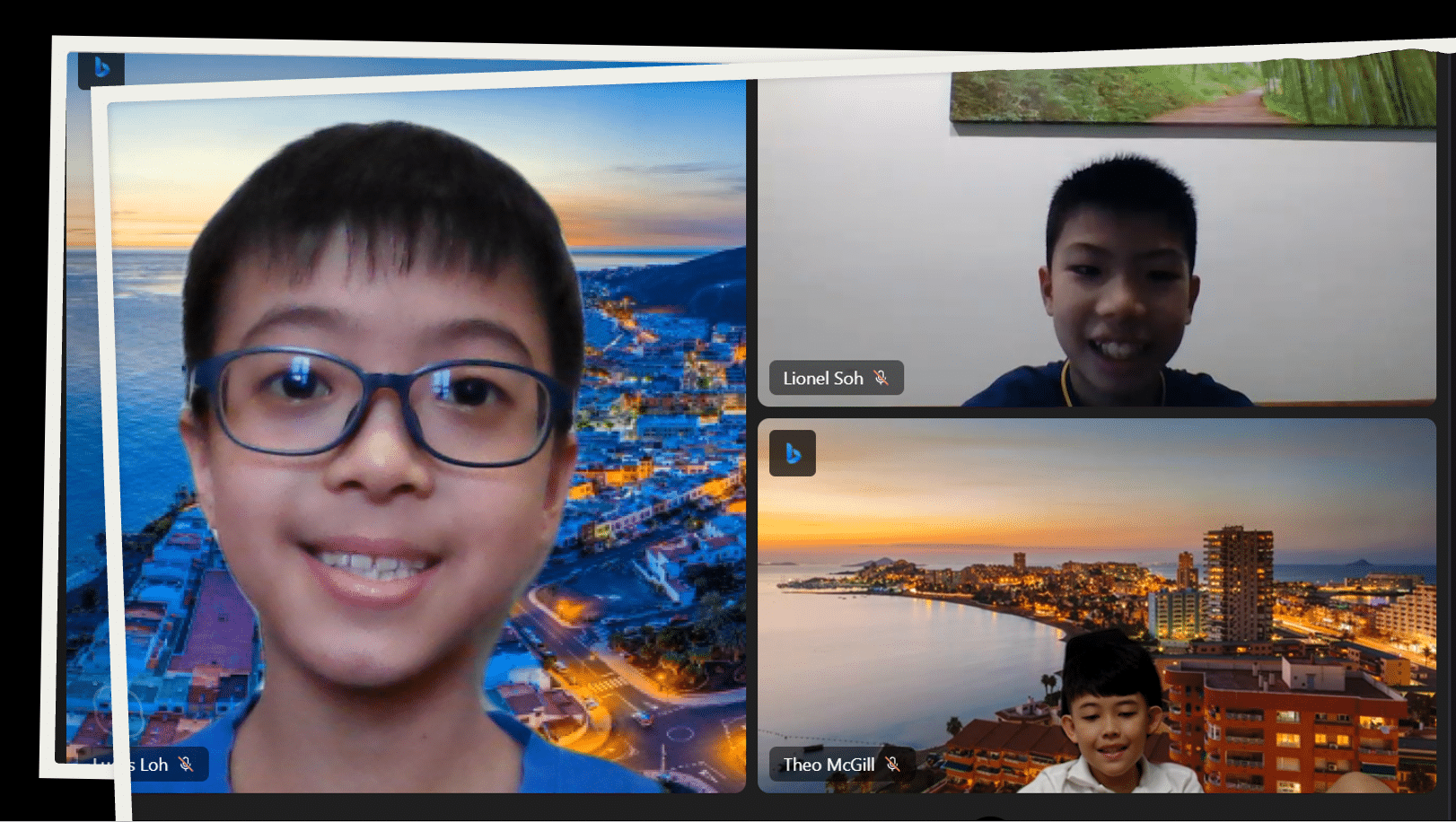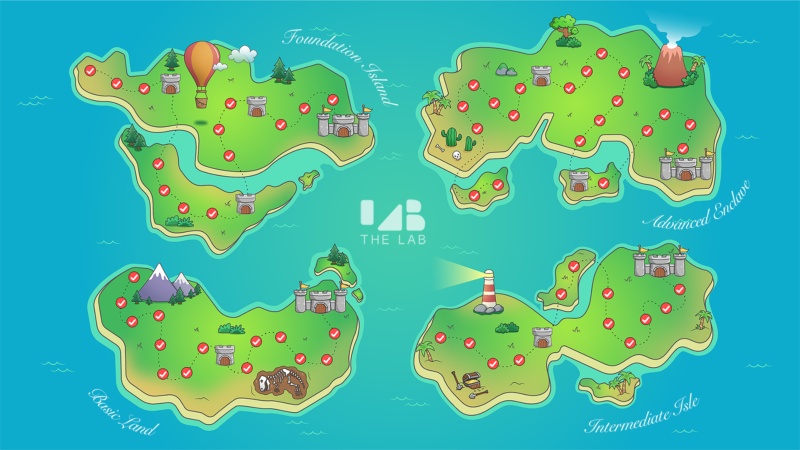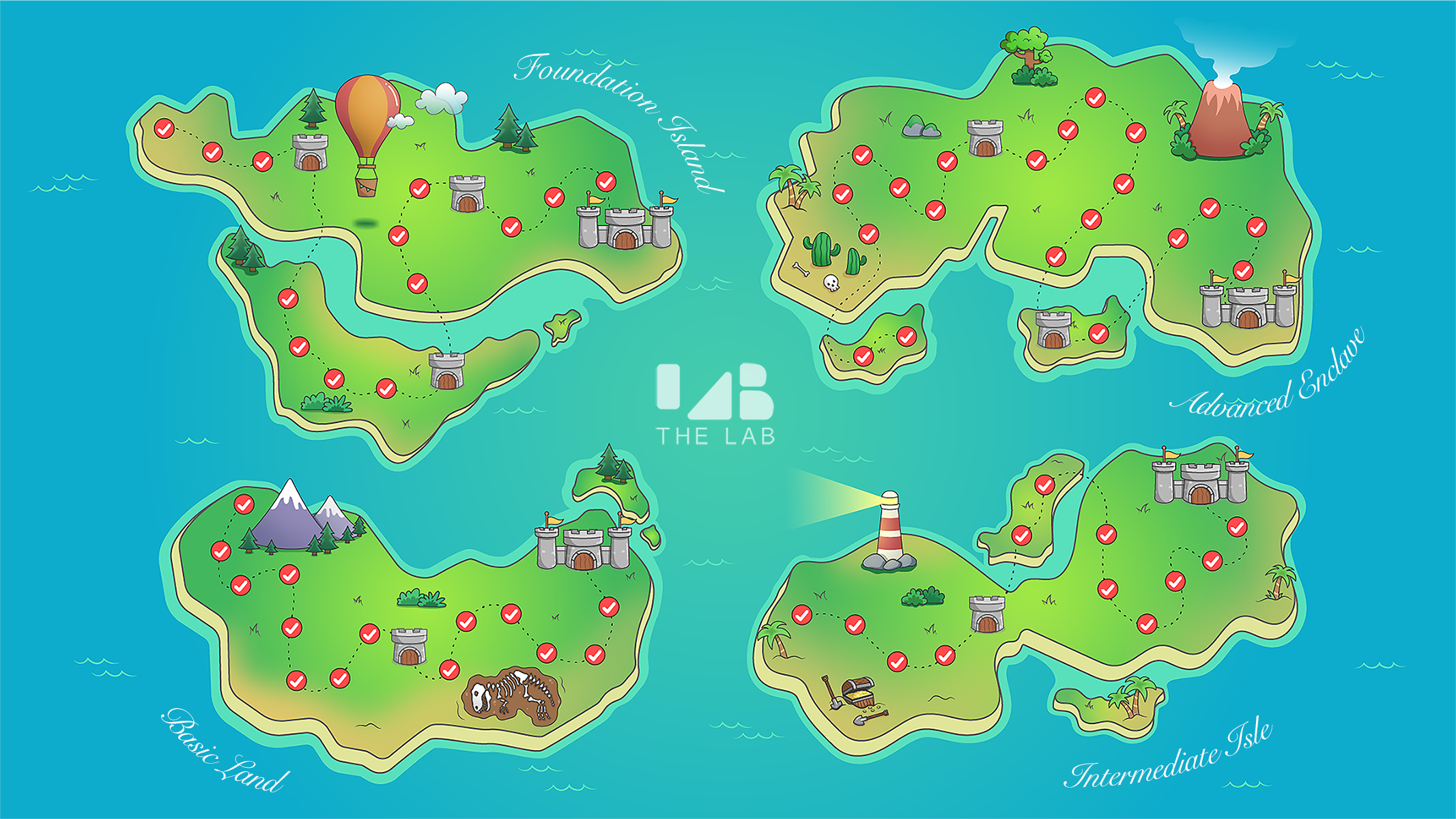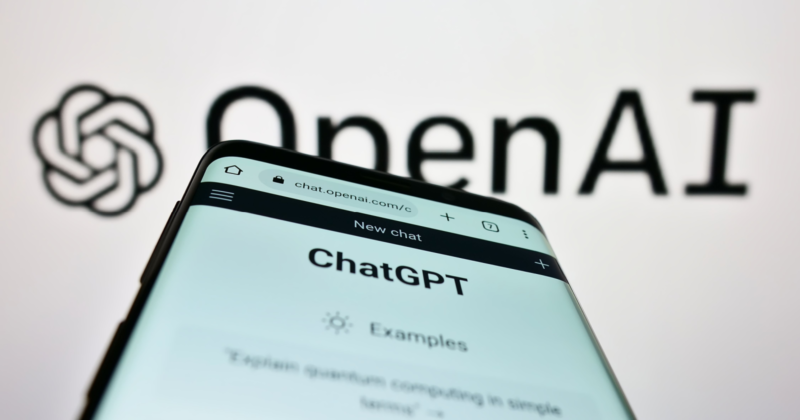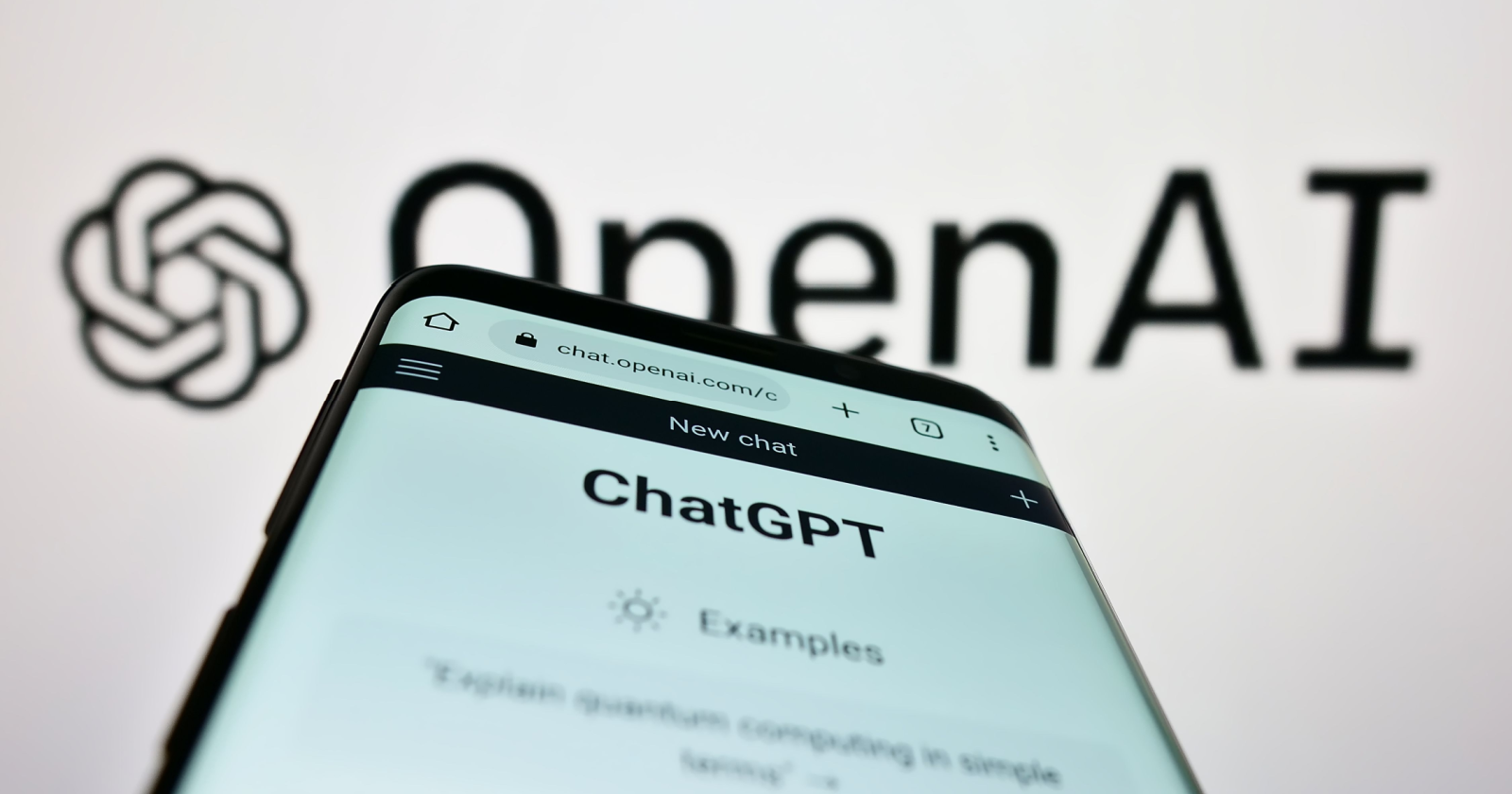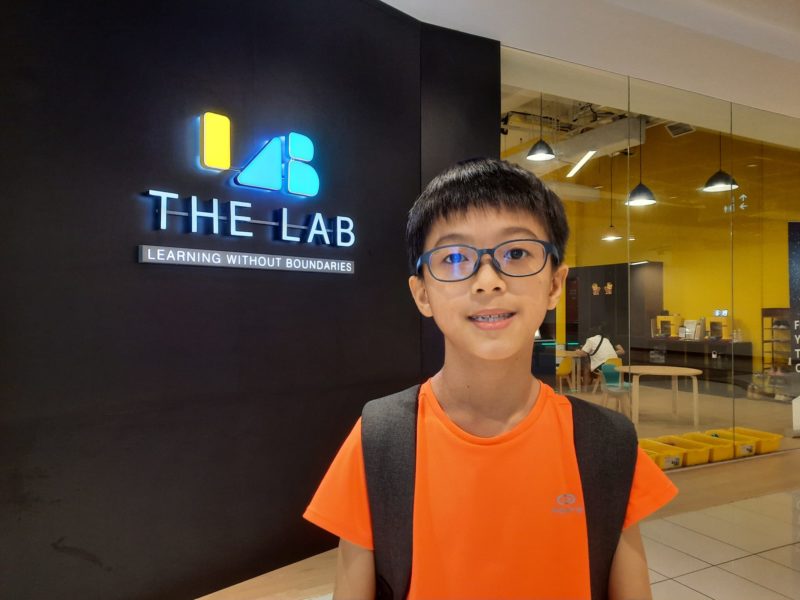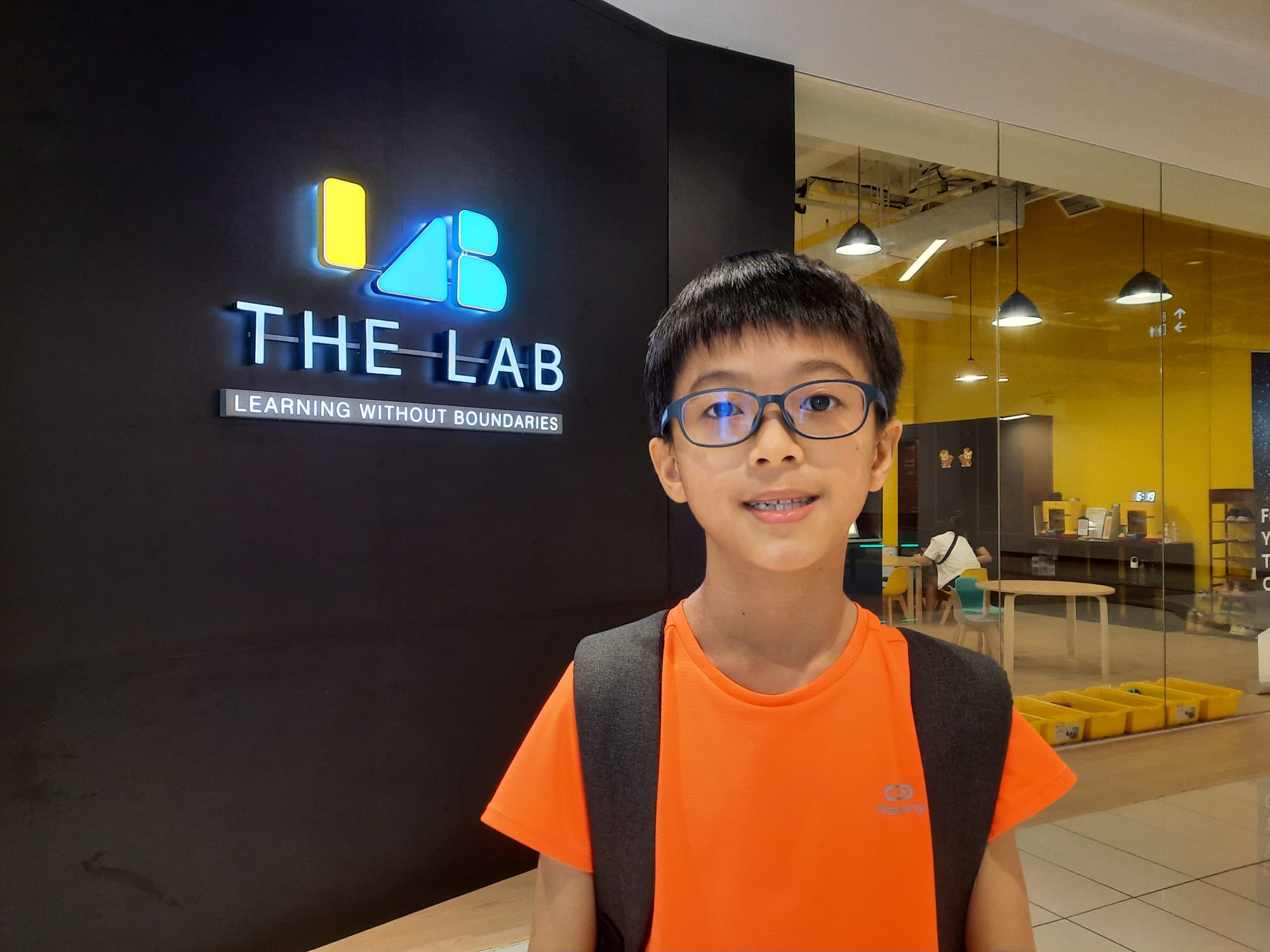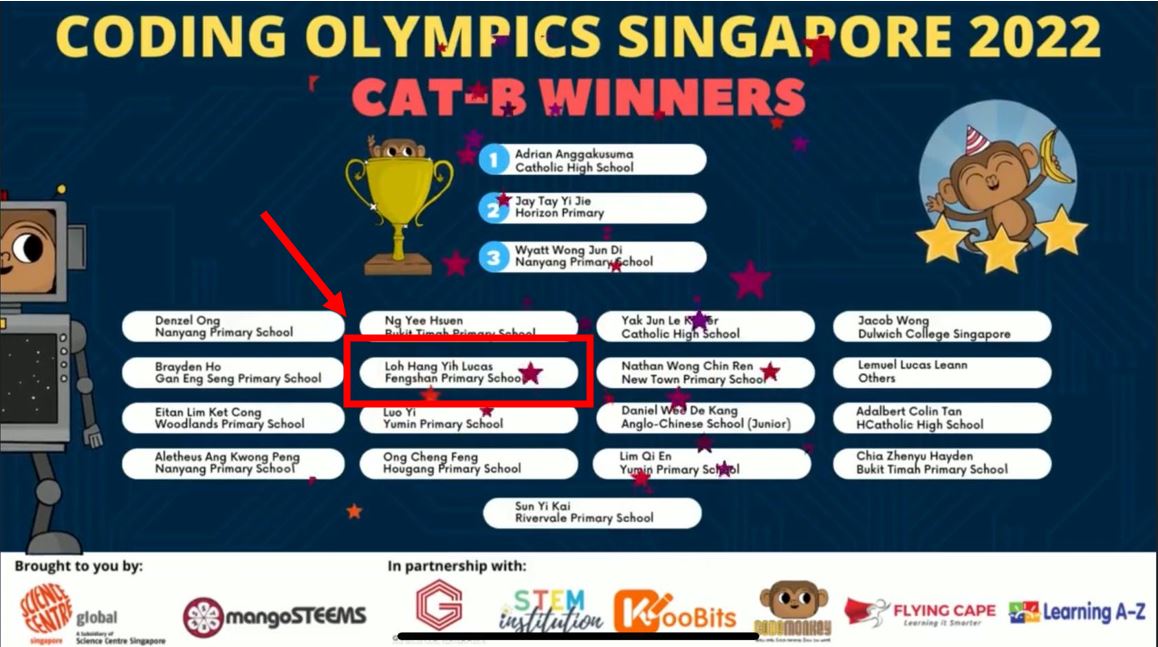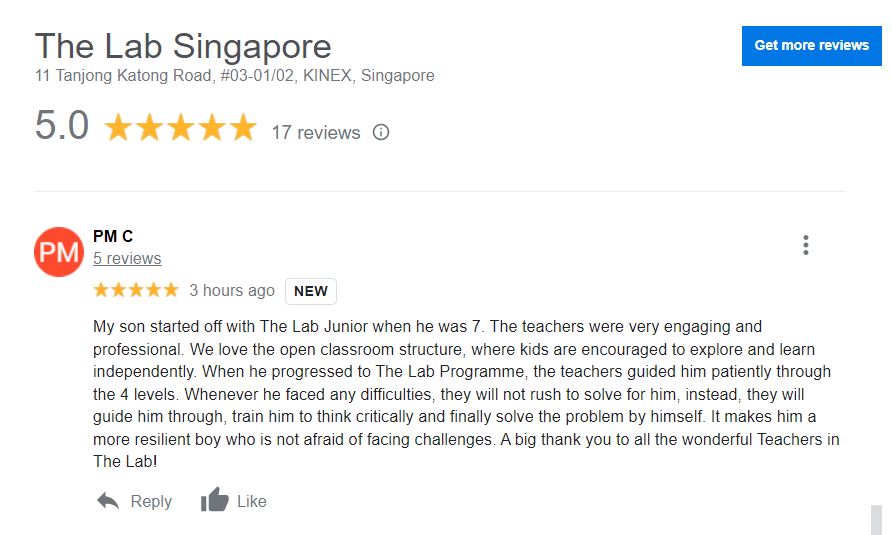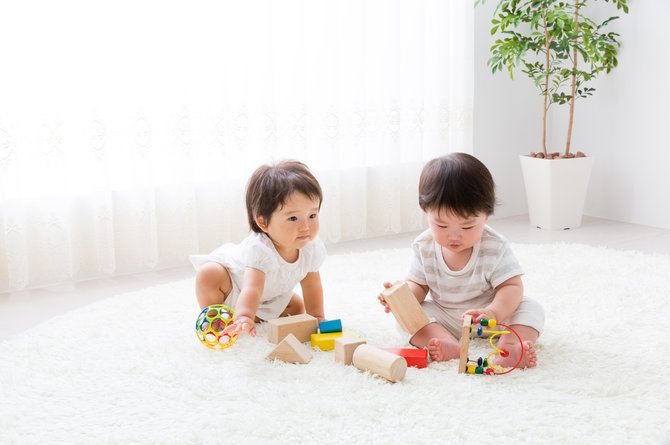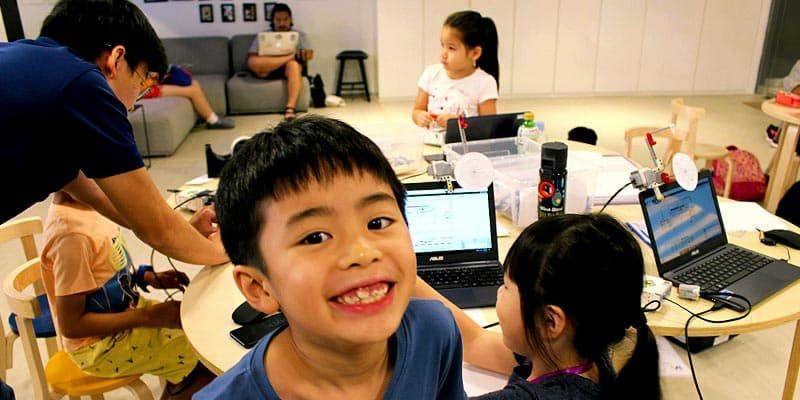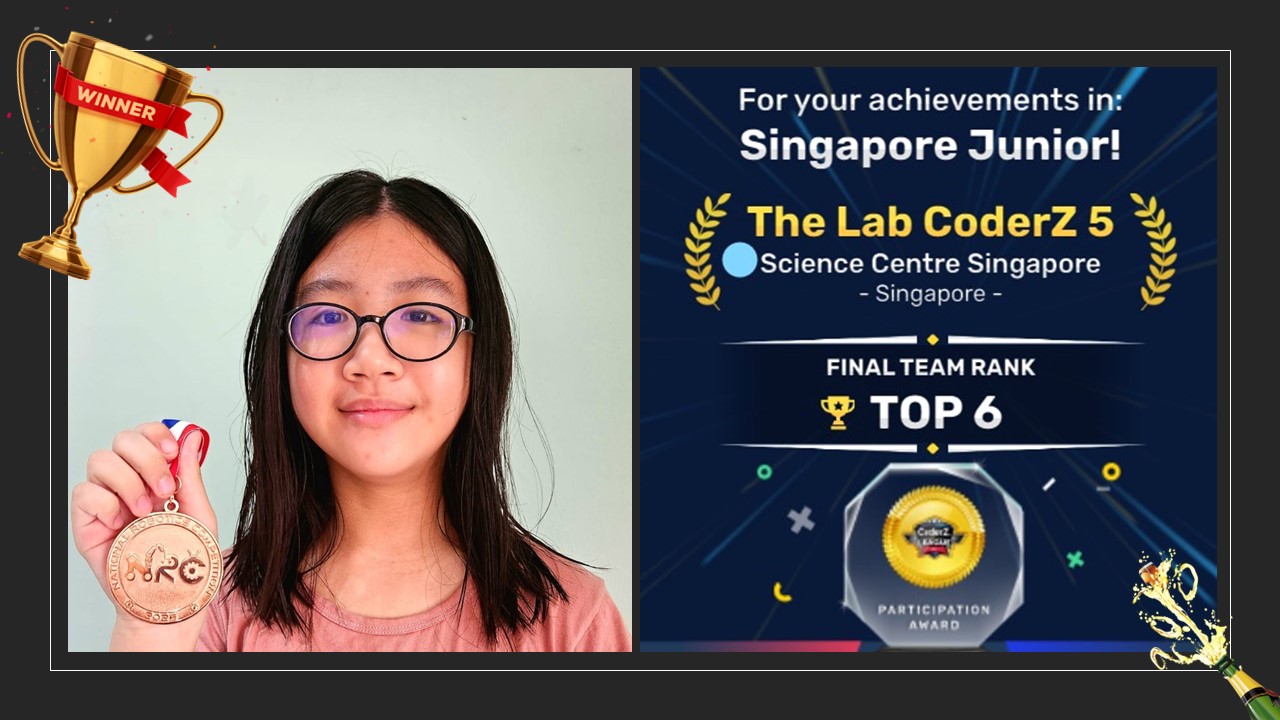
The curtains have fallen on the National Robotics Competition 2023, and what a journey it has been! We are thrilled to extend our heartfelt thanks to the incredible parents and brilliant students who joined us on this groundbreaking adventure. This year marked our debut in the competition’s various categories, and the results were nothing short of spectacular.
A Journey of Firsts
As we took our first steps into the world of competitive robotics, we knew we were in for an exciting ride. Little did we know just how far our teams would go and how much they would achieve. Our journey was filled with learning, innovation, and moments of sheer brilliance.
The Triumphs and Achievements
Our students showed exceptional talent and dedication, earning top spots in multiple categories. We were placed 6th in NRC Coderz (Secondary) and 3rd in NRC Regular Category (Upper Primary). These will forever light up our memories. Each achievement was a testament to the hard work, ingenuity, and perseverance of our participants.
Teamwork, Creativity, and Problem-Solving
What made our journey truly special was witnessing the power of teamwork and creative problem-solving. Our students collaborated seamlessly, combining their individual strengths to overcome challenges. The robots they built were not just machines; they were the embodiment of innovation.
A Grateful Salute to Parents
To the parents who stood by us every step of the way, we offer our deepest gratitude. Your unwavering support, encouragement, and enthusiasm played a pivotal role in our success. You showed us the true meaning of partnership and dedication.
Inspiring the Next Generation
Participating in the National Robotics Competition is not just about winning medals. It’s about inspiring future innovators, nurturing a passion for science, technology, engineering, and mathematics (STEM), and fostering creativity. Our students have not only made us proud but have also become role models for countless others dreaming of a future in robotics.
What Lies Ahead
This is just the beginning of our exciting journey. The experiences and knowledge gained during this competition will propel us forward as we continue to explore the ever-evolving world of robotics. We are eager to see how our students will continue to shine and innovate in the field.
Share Your Moments
If you have any memorable photos, stories, or reflections from the competition, we invite you to share them with us. We’d love to feature your experiences and celebrate your achievements together.
Stay Tuned for More
Keep an eye on our updates as we continue to share the latest developments from our robotics program. The future is bright, and together, we are shaping it one innovation at a time.
Thank you, once again, to all the parents and students who made this journey possible. Together, we have proven that innovation knows no bounds, and the possibilities are endless when we dream, create, and work as a team.
Follow us on social media for the latest updates and news:

